Navigating the New Year: A Comprehensive Guide to the January 2025 Japanese Calendar
Navigating the New Year: A Comprehensive Guide to the January 2025 Japanese Calendar
Introduction
With great pleasure, we will explore the intriguing topic related to Navigating the New Year: A Comprehensive Guide to the January 2025 Japanese Calendar. Let’s weave interesting information and offer fresh perspectives to the readers.
Table of Content
Navigating the New Year: A Comprehensive Guide to the January 2025 Japanese Calendar

The beginning of a new year is a time for fresh starts, new resolutions, and a renewed sense of possibility. In Japan, this sentiment is particularly strong, as January marks a period of important cultural events and traditions that shape the year ahead. Understanding the nuances of the January 2025 Japanese calendar can provide valuable insight into these traditions and their significance, allowing for a deeper appreciation of Japanese culture and a smoother experience for those navigating the month.
Key Dates and Cultural Significance
January 1st: New Year’s Day (元旦, Ganjitsu)
The most important holiday in Japan, New Year’s Day is a time for family gatherings, feasting, and reflecting on the past year while looking forward to the future. Temples and shrines are filled with worshippers seeking blessings for the year ahead. This day is also a time for exchanging "nengajo" (New Year’s cards) with friends and family, a tradition that symbolizes the continuation of relationships.
January 2nd: A Day for Relaxation and Reflection
While not an official holiday, January 2nd is often a day for families to relax after the festivities of New Year’s Day. Some may visit local shrines or temples, while others spend time with family and friends, enjoying traditional games or activities.
January 3rd: The Day of the First Sunrise (初日の出, Hatsuhinode)
Many Japanese people seek out vantage points to witness the first sunrise of the new year, considered a symbol of good fortune and a fresh start. This day is also a popular time for visiting shrines and temples, seeking blessings for the year ahead.
January 7th: Seven-Five-Three Festival (七五三, Shichi-Go-San)
This traditional festival celebrates children aged three, five, and seven. Children dressed in their finest attire visit shrines to give thanks for their health and growth and to pray for their future. The festival is a vibrant celebration of childhood and a reminder of the importance of family and tradition.
January 15th: Coming-of-Age Day (成人の日, Seijin no Hi)
A national holiday, Coming-of-Age Day celebrates those who have reached the age of majority (20 years old). This day is a time for young adults to reflect on their newfound responsibilities and to acknowledge the transition into adulthood.
The Significance of the Japanese Calendar
The Japanese calendar, known as the "Wareki" calendar, is based on a combination of the lunar and solar calendars. This unique system results in a calendar that reflects the importance of both nature and tradition in Japanese culture.
The January 2025 calendar, for example, highlights the interplay between these elements. The placement of holidays like New Year’s Day and Coming-of-Age Day within the lunar cycle emphasizes the importance of seasonal rhythms and their impact on cultural practices.
Understanding the Calendar: A Deeper Dive
To navigate the January 2025 Japanese calendar effectively, it is essential to understand the following:
- Lunar and Solar Influences: The Japanese calendar incorporates both lunar and solar elements. This means that holidays are influenced by both the position of the moon and the sun, creating a complex system that requires careful consideration.
- Traditional Observances: Many holidays and festivals are rooted in deeply held traditions and beliefs. Understanding these origins can provide a richer understanding of the cultural significance of each event.
- Regional Variations: While national holidays are observed throughout Japan, regional variations exist in the way these holidays are celebrated. This is particularly true for smaller festivals and local traditions.
FAQs about the January 2025 Japanese Calendar
Q: Are all holidays in January 2025 national holidays?
A: While some holidays, such as New Year’s Day and Coming-of-Age Day, are national holidays, others, like the Seven-Five-Three Festival, are not. It is important to check the specific calendar for a complete list of holidays and their observances.
Q: How can I find out about local traditions and festivals?
A: Local tourist boards, community centers, and online resources can provide information about specific regional celebrations and festivals.
Q: What are some tips for navigating the January 2025 Japanese calendar?
A:
- Plan Ahead: Book accommodation and transportation well in advance, especially for holidays like New Year’s Day and Coming-of-Age Day.
- Respect Local Customs: Be mindful of local customs and traditions, especially during religious festivals and holidays.
- Learn Basic Phrases: Learning a few basic Japanese phrases related to greetings and holiday wishes can enhance your interactions with locals.
- Be Patient: During peak holiday periods, expect crowds and potential delays.
Conclusion
The January 2025 Japanese calendar offers a unique window into the rich cultural tapestry of Japan. By understanding the significance of key dates and cultural practices, individuals can navigate this month with greater awareness and appreciation. From the vibrant celebrations of New Year’s Day to the poignant reflections of Coming-of-Age Day, January in Japan is a time for both tradition and transformation. By embracing these traditions and gaining a deeper understanding of their meaning, visitors and locals alike can create lasting memories and strengthen their connection to this fascinating culture.

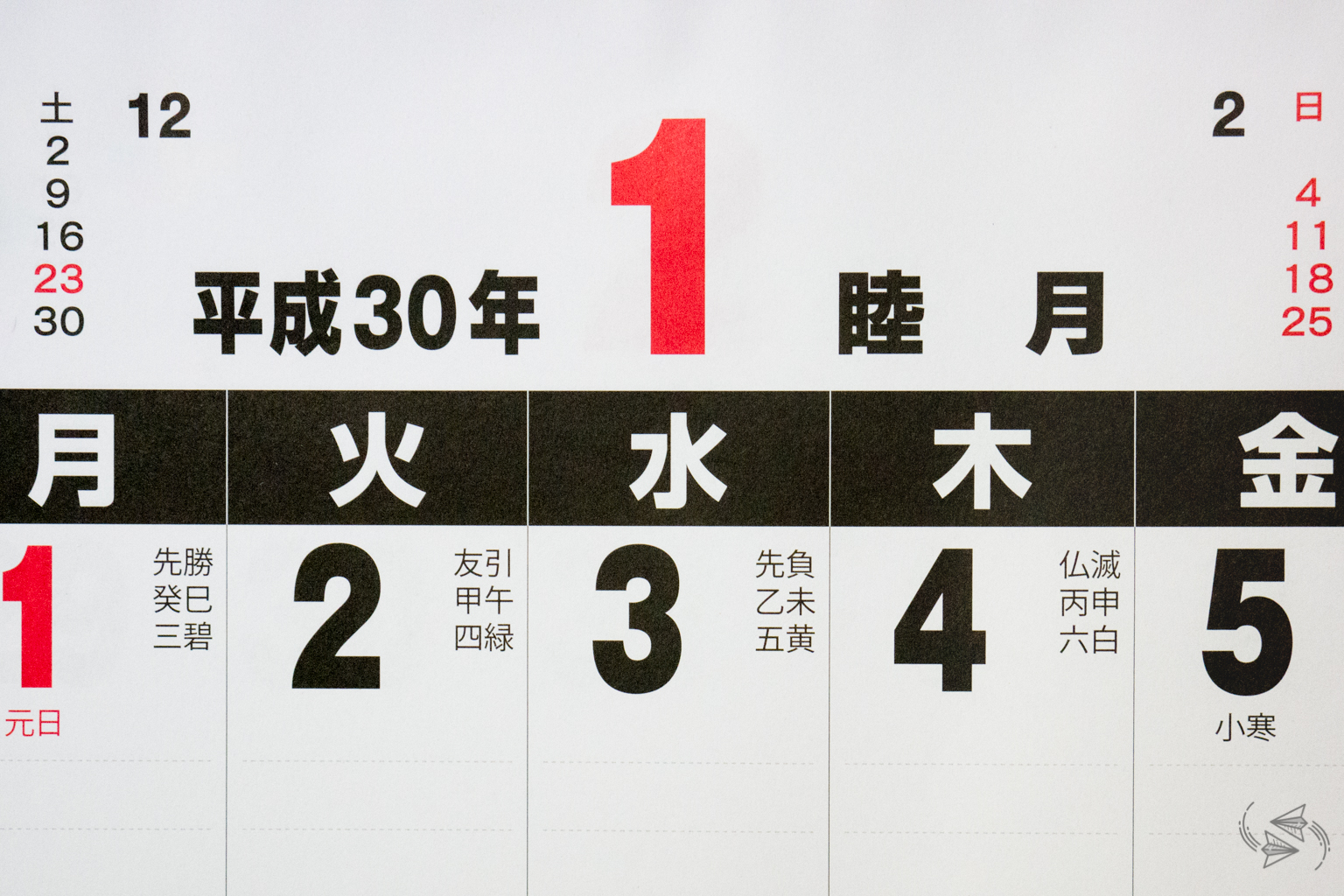
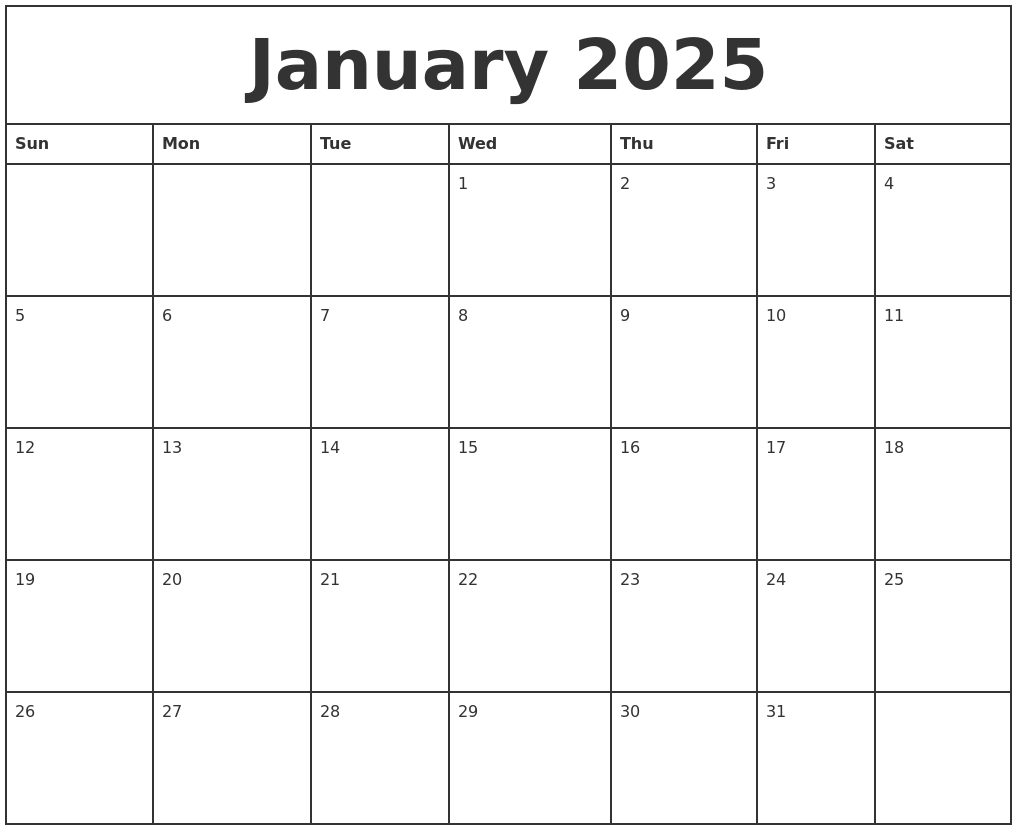
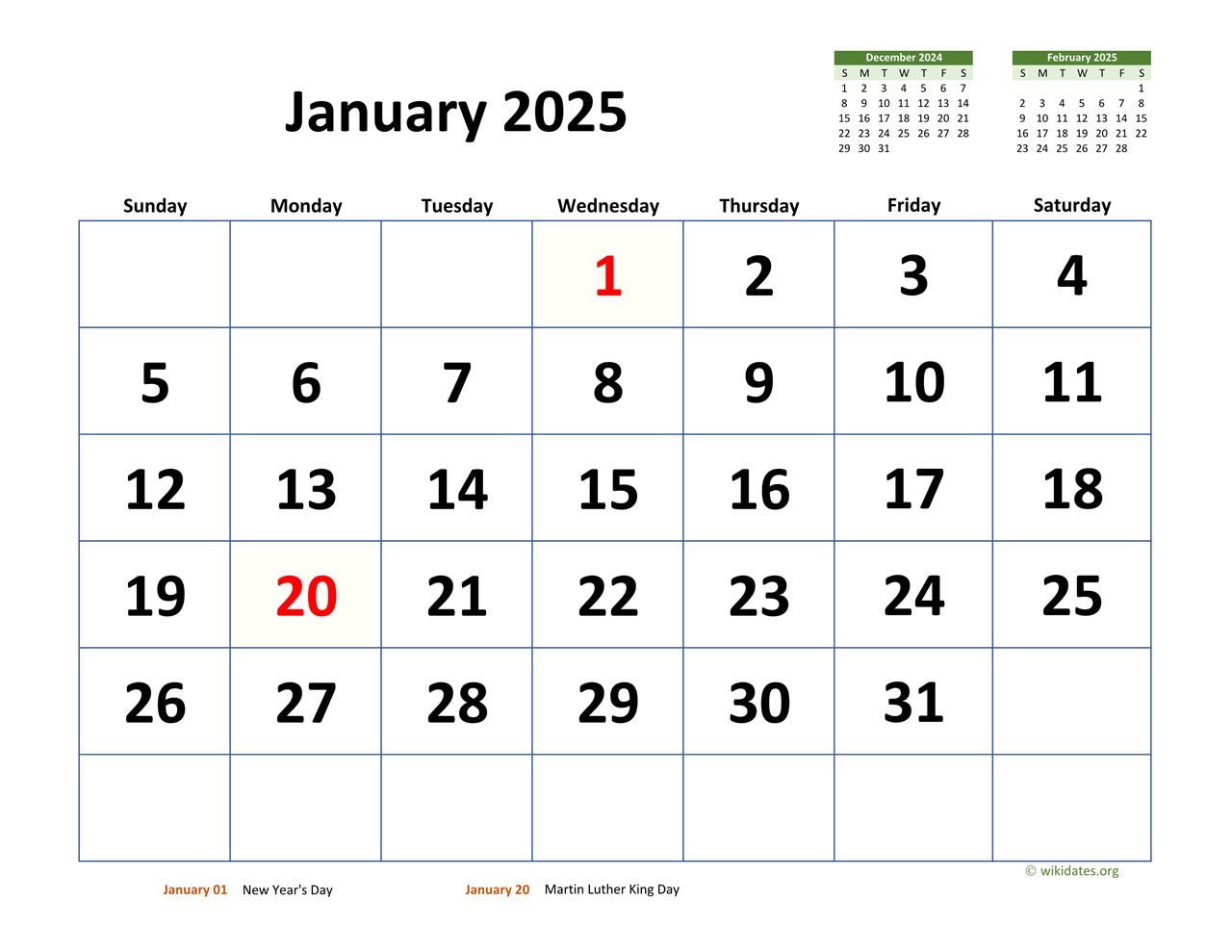
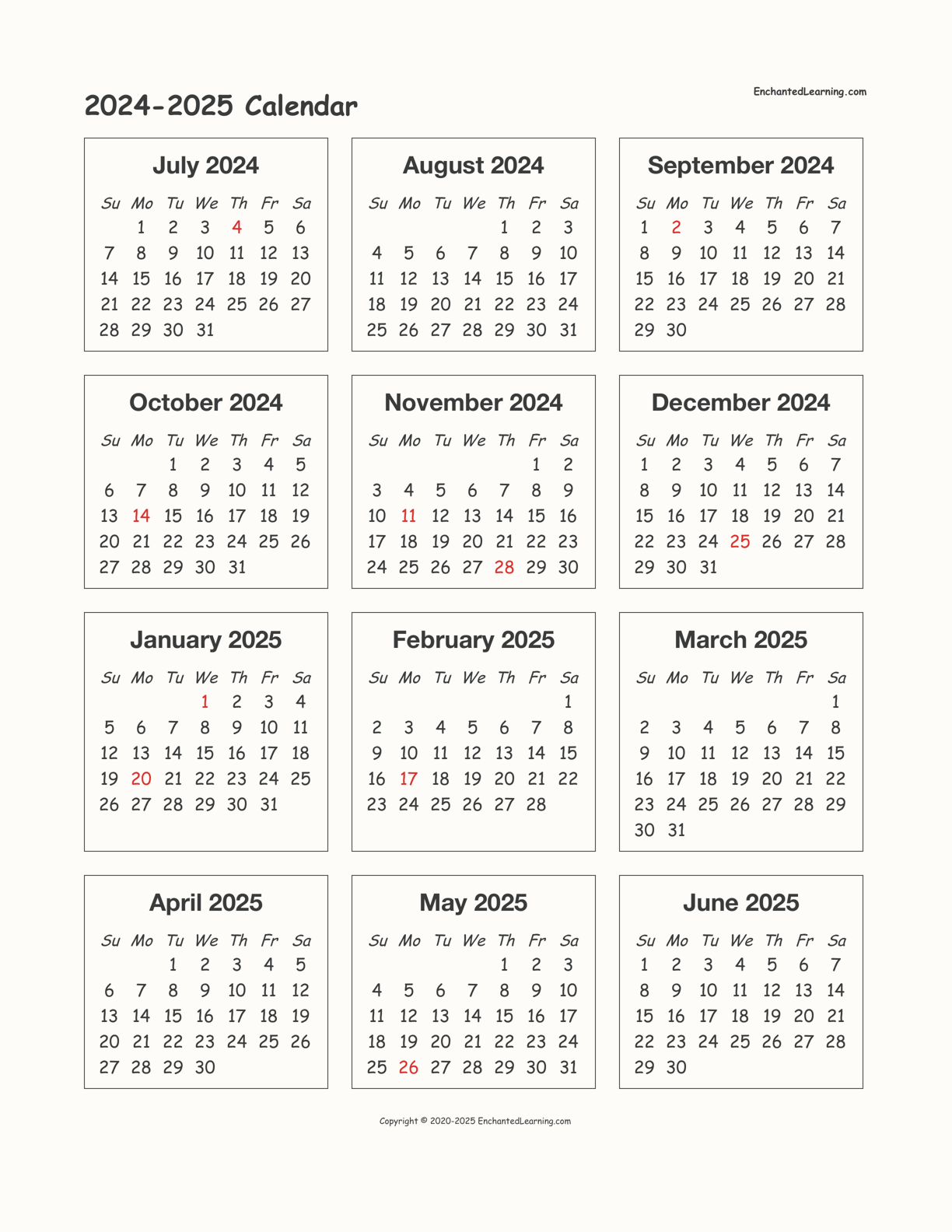
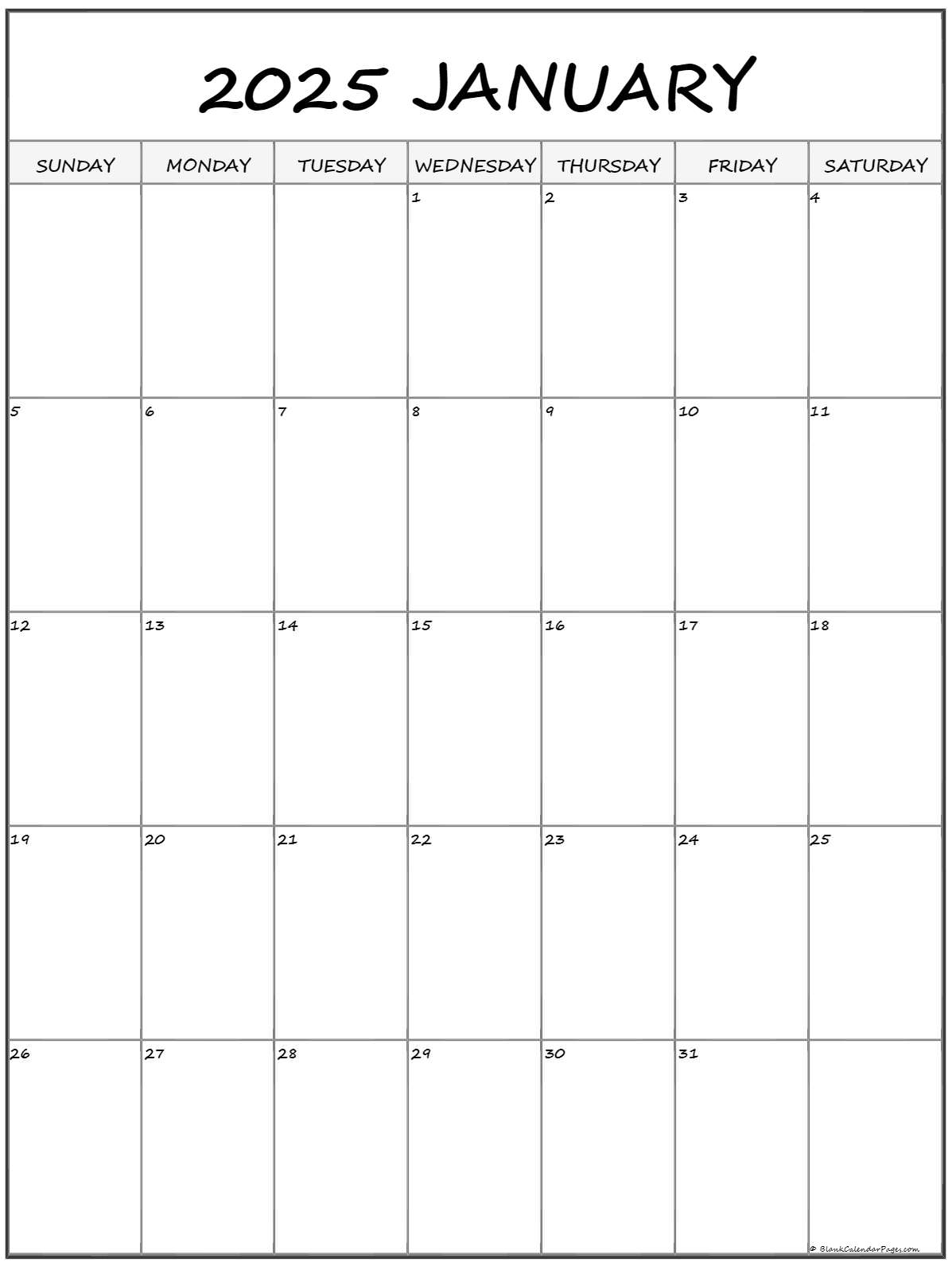
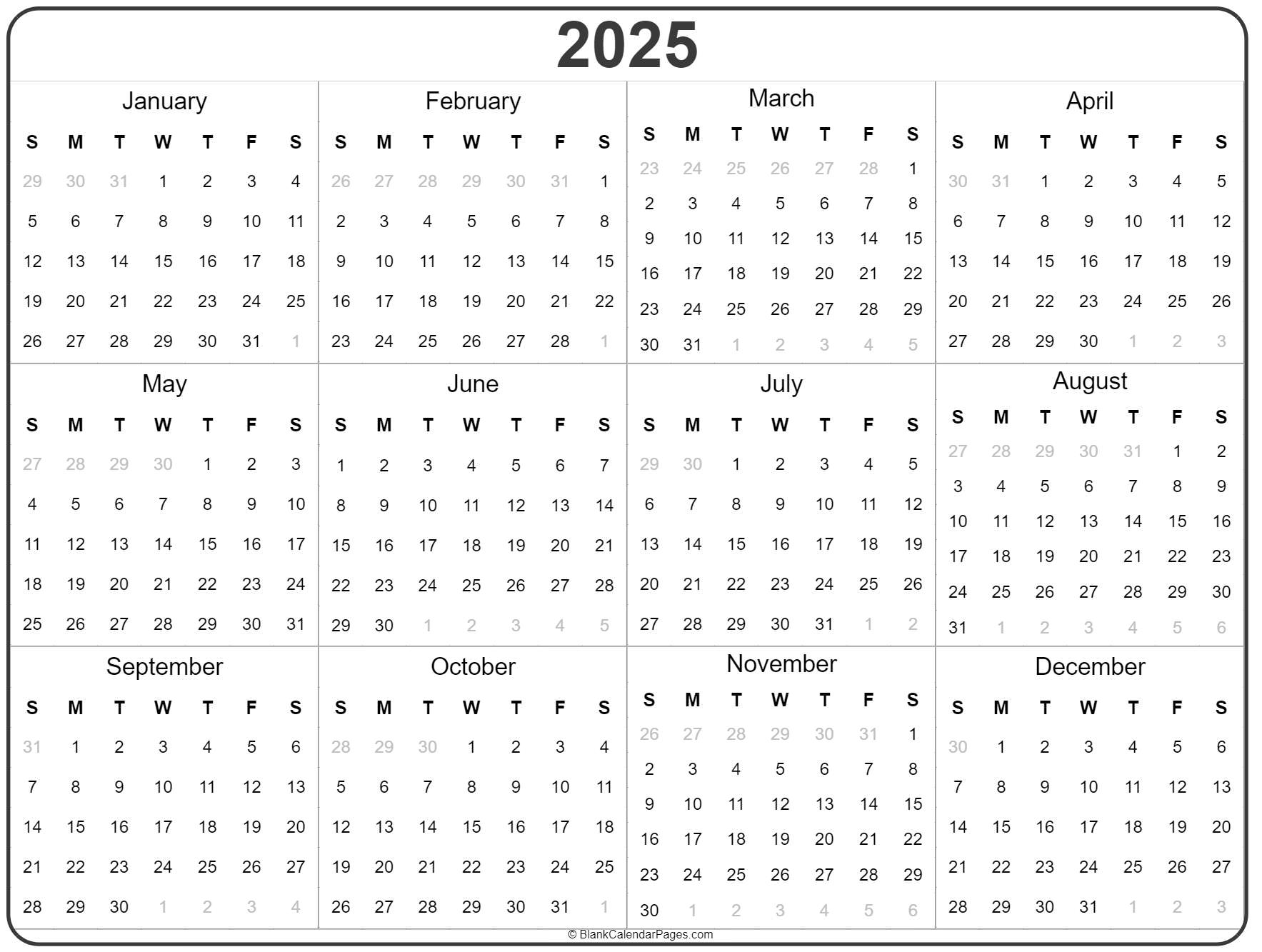
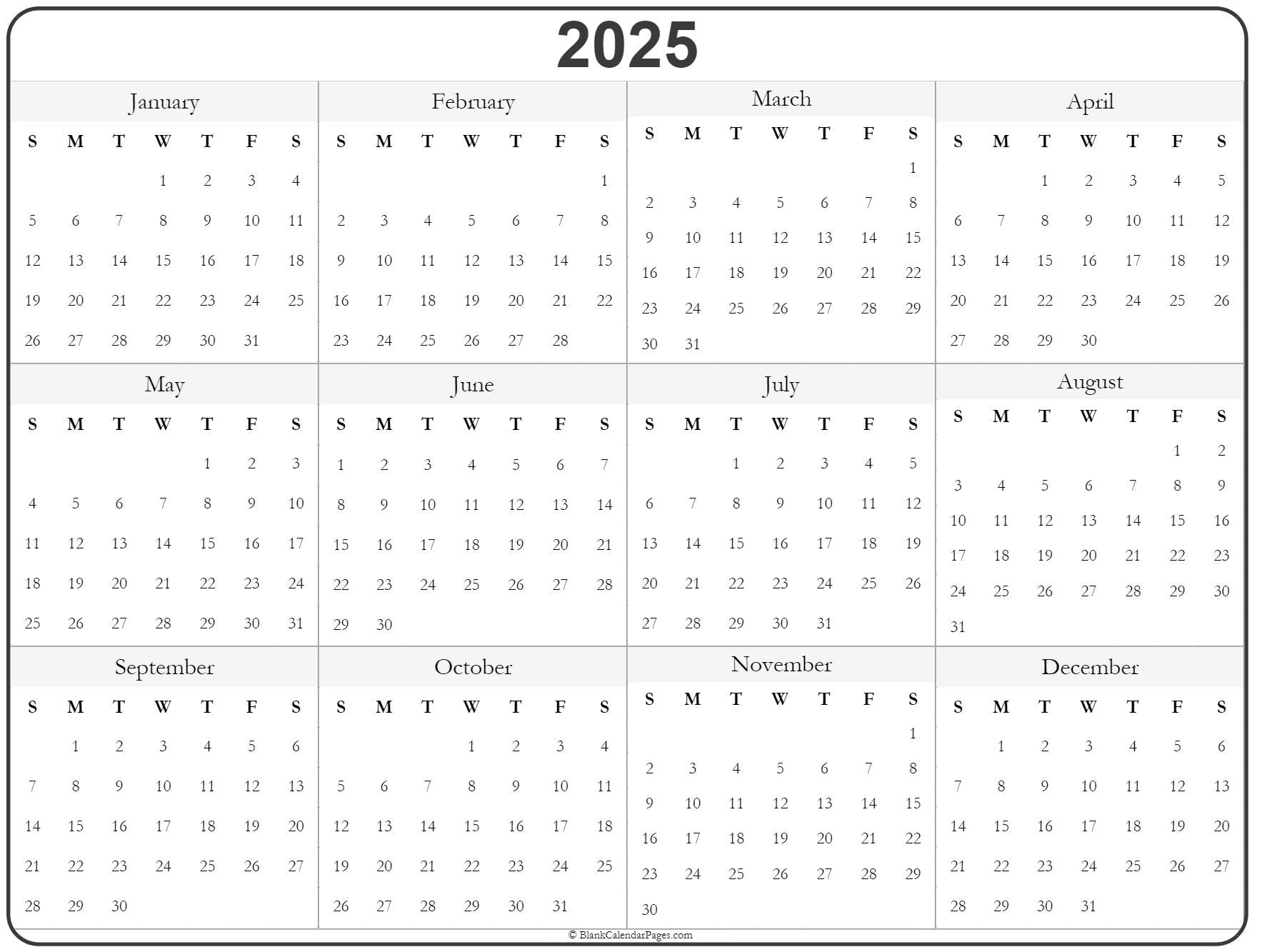
Closure
Thus, we hope this article has provided valuable insights into Navigating the New Year: A Comprehensive Guide to the January 2025 Japanese Calendar. We thank you for taking the time to read this article. See you in our next article!